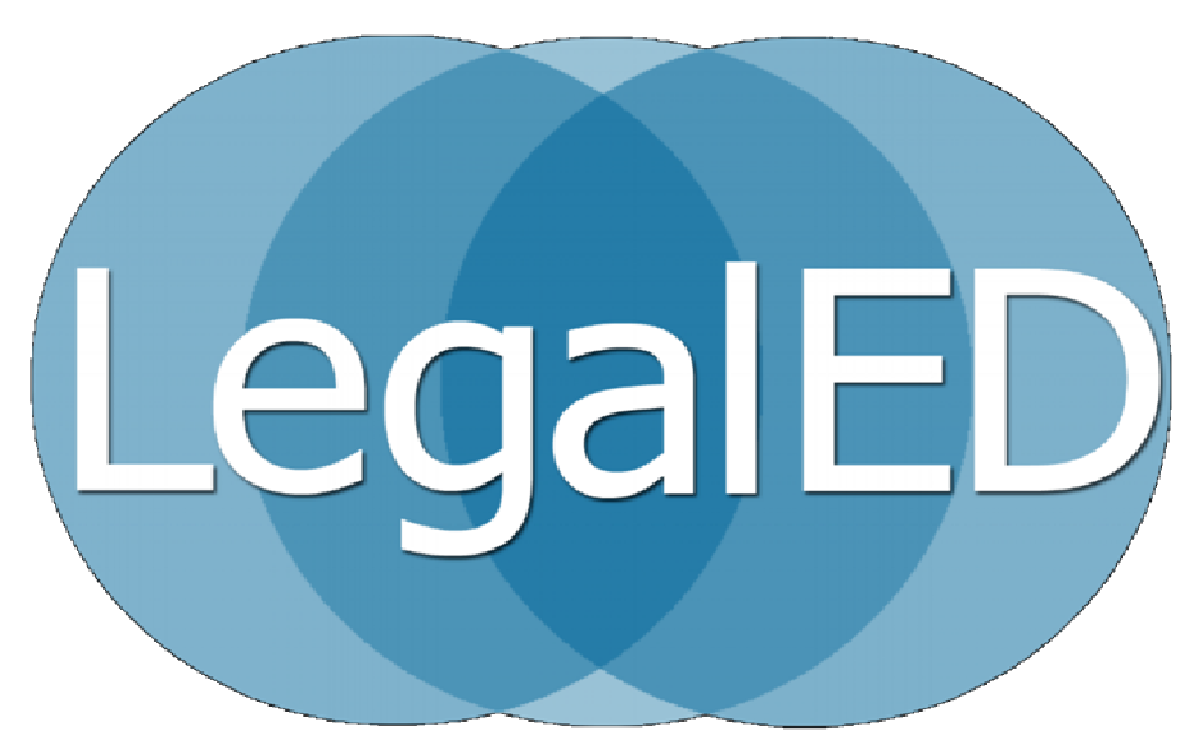Igniting Law Teaching Conference 2014
Teaching for the 21st Century
Christine Pedigo Bartholomew is a faculty member at SUNY Buffalo Law School’s, teaching Private Antitrust Suits; Complex Civil Litigation; Legal Analysis, Writing, and Research; and Antitrust. Before teaching, she worked in San Francisco as an attorney, practicing in the areas of antitrust and consumer protection. In 2004, she helped open a branch office of a Washington, D.C.-based class action boutique law firm. Christine credits her extensive (albeit trivial) LEGOs knowledge to her six year old-twins.
Talk Summary: Most law schools ignore their students’ time management concerns. By learning time management, law students have at least a fighting chance of managing time famine in practice. In my presentation, I argue law schools should use psychological research on time management to tailor instruction to law students’ specific deficiencies which are: perceived control, present orientation, structured routine, goal setting, and mechanics. I then will identify simple, effective pedagogical changes to teach essential time budgeting skills.
Jeanne Eicks is managing director of the Center for Legal Innovation at Vermont Law School where she teaches eLawyering and eDiscovery. She engages law students in collaborative legal technology projects with industry partners such as her current Google funded eGovernance research. Professor Eicks recently authored the “Evidence Challenge,” a serious game published by LexisNexis in 2014. She has been a CEO, CIO and the chair of a Computer Science department and enjoys winemaking in her spare time.
Talk Summary: We live in a world of increasing distraction and complexity, where educational efforts must cut through the noise to reach students. Serious games are one way to address those challenges. Serious games use advanced simulations and skill-based learning systems that are self-diagnostic, interactive, fun, and competitive with a focus on providing the user an immersive experience in a safe simulation style environment. Games create a contextual learning environment that enhances in-class learning. Game On!
Jay Gary Finkelstein, a partner at DLA Piper LLP (US), has practiced corporate and securities law for over 30 years, focusing on international and domestic negotiated transactions. He has been teaching transactional law for over 10 years and holds adjunct teaching positions at American, Stanford, Berkeley, and Georgetown. He is the co-author (with Prof. Daniel Bradlow) of Negotiating Business Transactions: An Extended Simulation Course (Aspen Coursebook Series, 2013). He is also the co-author (with Prof. Karl Okamoto) of “Simulations: Collaborative Experiential Learning,” Transactions: The Tennessee Journal of Business Law (Special 2013, No. 3). Mr. Finkelstein is a graduate of Princeton Unversity (A.B., 1975, magna cum laude) and Harvard Law School (J.D., 1978, magna cum laude).
Talk Summary: The presentation will focus on successes and challenges of collaborative teaching and experiential learning, as well as involving more practitioners in the classroom, particularly to teach practical skills and transactional law.
Dan Jackson is a 1997 graduate of Northeastern Law, where he now directs the NuLawLab. Following a federal appellate clerkship, Dan joined the law firm of Bingham McCutchen, ultimately serving as the firm’s director of attorney development and director of training. Prior to law school, Dan worked as a designer for theater. He continues to play in that space, most recently with the Provincetown Tennessee Williams Theater Festival and The Provincetown Theater.
Talk Summary: This presentation will share what the NuLawLab learned leading a novel project-based independent study focused on the intersection of art, law, and advocacy. The design studio provided our students with the opportunity to explore applied design thinking in an interdisciplinary collaboration with local domestic workers and students from MIT’s Center for Civic Media. We will highlight how our students ultimately discovered, and developed confidence in, their personal creative voices.
Brett Johnson, Harvard Law School: “H2O: Remixing the Casebook”
Brett Johnson is the Academic Technology Project Manager at the Harvard Law School Library in Cambridge, Massachusetts, with a focusing on online learning systems. Before moving to the Law Library he was head of Academic Technology at Montserrat College of Art.
Talk Summary: H2O offers an alternative the traditional legal casebook: it helps professors make tailored casebooks that are fluid and light, allowing professors and students the chance to create, edit, organize, and share course materials that are open and free to access. Instead of lugging around something heavy, expensive, with large amounts of extraneous materials, H2O allows you to access your case materials or annotate and highlight your course cases from any device.
